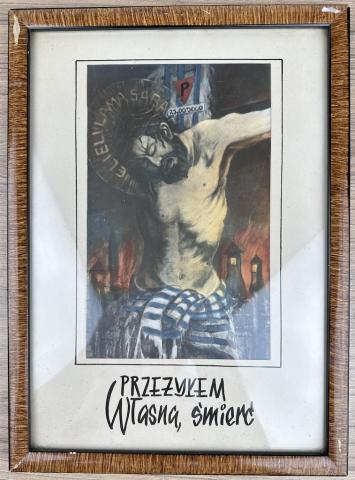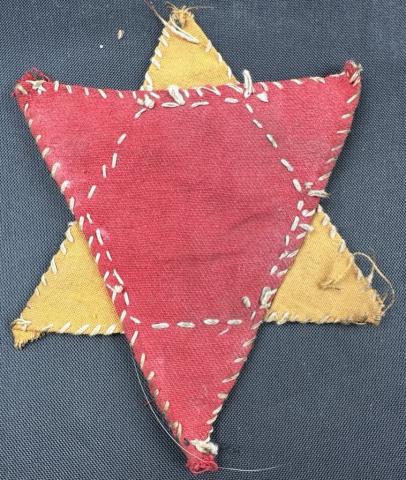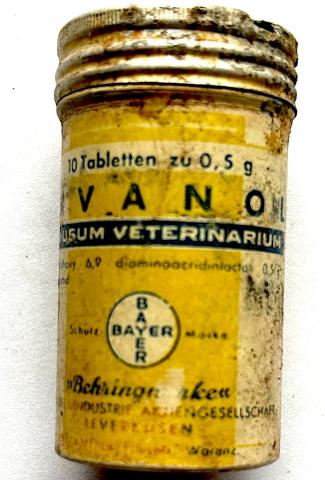Concentration Camp Majdanek KL Lublin Poland WAFFEN SS guard DOG medaillon token RELIC **** PRICE FOR ONE ONLY ****
Concentration Camp Majdanek KL Lublin Poland WAFFEN SS guard DOG medaillon token RELIC **** PRICE FOR ONE ONLY ****
Product
Concentration Camp Majdanek KL Lublin Poland WAFFEN SS guard DOG medaillon token RELIC
**** PRICE FOR ONE ONLY ****
found in the camp area in the 70s, used on dogs that was owned by SS Totenkopf guards...
see last photos









